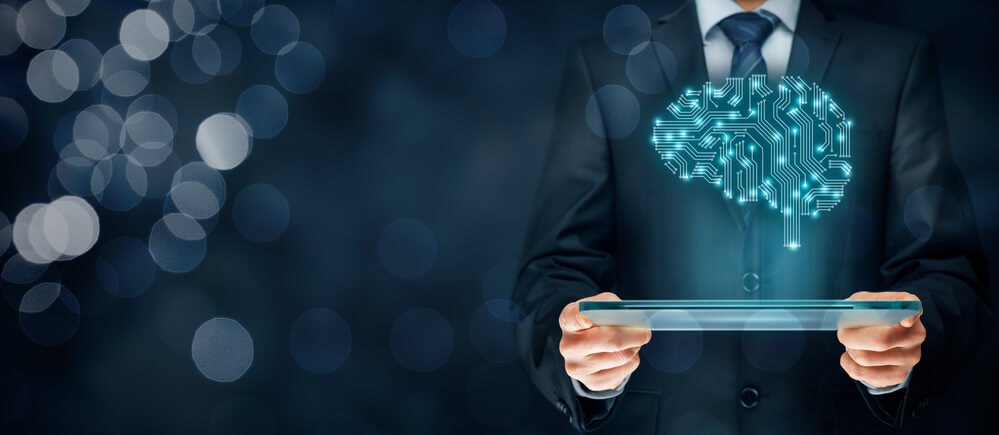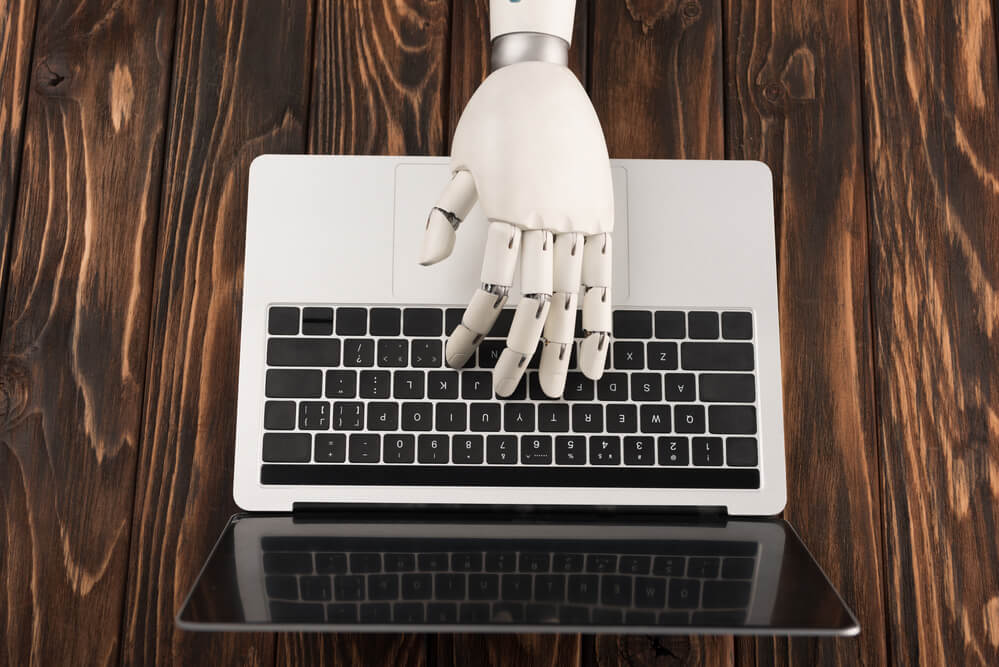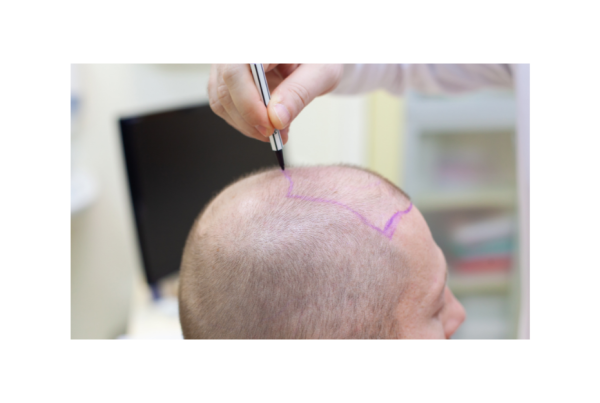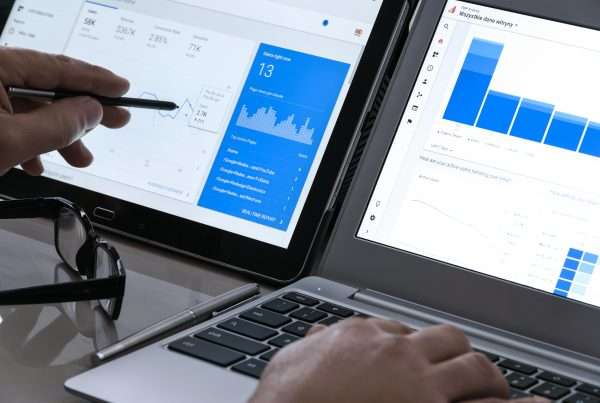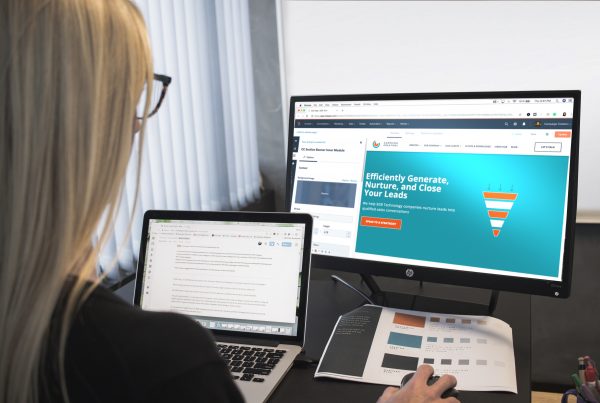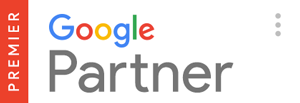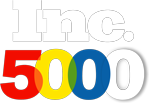Every brand wants to eke more results out of their PPC campaigns. When done with finesse, PPC affords as much as a 200% return on campaign spend. It’s no wonder that 62% of marketers increased their ad spend for 2019.
But pumping more money into a campaign isn’t the key to success. True PPC success comes from optimizing the budget you put into your campaign.
Smart tools help marketers save more time and more money while maximizing PPC returns. AI is an amazing hands-free tool that requires little investment and increases your PPC payload. It boosts conversions and improves your campaign quality, which is great for the PPC platform, your brand, and most importantly, your customers.
A Word of Warning
While AI has a lot of potential for PPC, we can’t use it as a replacement for human intelligence. It’s tempting to set a campaign on autopilot with AI at the wheel, but AI still needs oversight.
For example, AI is only as good as the data you feed it. If you don’t have enough data, your AI could make a lot of costly mistakes as it tries to understand your campaign. As a result, you could lose hundreds in PPC costs. But if you have a human overseeing the AI’s decisions, you get the best of AI automation and human strategy.
Don’t set and forget your PPC AI campaigns. AI is a tool that makes your PPC easier; it isn’t a replacement for a PPC strategist like Logical Media Group.
With that said, AI is ideal for many PPC tasks. Anything that’s labor-intensive or that requires sorting data is ideal for the AI. That’s why so many PPC campaigns use AI for bidding automation; with the right parameters, this can preserve your budget and protect your time.
Essentially, AI is a tool that can manage day to day PPC tasks, with a human stepping in at least once a week to monitor results and adjust the campaign.
AI takes the guesswork out of PPC. You no longer have to spend as much time or budget on PPC experiments; the AI does it in the most efficient way possible.
Aside from saving time, companies that use AI for PPC see a 22% increase in conversions with a 10% decrease in CPC costs.
AI makes PPC better. If you’re already dedicating time and money to PPC, you might as well optimize that spend with a smart tool like AI.
AI for Better PPC Outcomes
PPC is a full-time job. Drive more traffic to your website, get more in-store customers, and build customer loyalty with AI-driven PPC.
Here’s how brands can use AI in their PPC campaigns.
1. Predict user behavior
When it comes to our online behavior, humans are pretty predictable. However, it can take hours of data compilation and analysis for PPC strategists to understand and act on this behavior.
This is where AI steps in. AI’s machine learning finds patterns to find conclusions. The algorithm takes a huge sum of data, transforming it into actionable insights for your PPC campaign.
For example, the AI can look at demographics, purchase history, a user’s device, and even browsing history to adjust your bidding and target audience.
With this data, AI will learn over time which keywords convert better for your audience’s needs. This helps you target effective keywords instead of pouring funds into keywords that don’t perform.
AI is still in its infancy for PPC, but in the future we expect it to help brands show PPC ads right when customers are ready to convert.
2. Automate bidding
Depending on the size of your campaign, you might spend all day adjusting your bids manually. This tedious process helps you make the most of your PPC budget, adjusting as the bidding marketplace fluctuates.
Stop spending all day on Google Ads. Let AI have a seat at the table to automate your bidding.
AI bidding solutions get the most out of your budget so you can maximize clicks while you sleep. AI-powered bids are designed to keep you just competitive enough to rank, but low enough to strike a balance between conversions and managing your budget.
You don’t need a third-party service for this, either. Google Ads and other PPC platforms have automated bidding as a feature. Google lets you choose from a variety of strategies for automated bidding so it knows how to optimize your campaign.
Remember that the algorithm isn’t without error. Always check your bids to make sure that the AI is working in your favor. If not, it might mean you should collect more data before implementing AI.
3. Improve your ads
A PPC campaign is only as good as its ads. Instead of split-testing yourself, let AI improve your ad copy.
Google offers a few options for AI-powered ads in its platform.
Dynamic Search ads (DSA) uses product listings from your website for your PPC campaign. This is ideal for eCommerce websites with lots of products.
DSA helps brands fill in the gaps. Google automatically generates a headline for the ad that it matches to a user’s query. This gives users the information they need and pushes more relevant traffic to your site.
Google also offers Responsive Search ads (RSA) to automatically split-test your ad copy. You upload 15 headline options with four description options. Google’s AI mixes and matches the headlines and descriptions to find the most effective option for conversions.
If you want to improve your ad quality and increase click-through rates, RSA is a good option. Keep in mind that you have less control over the phrasing with this feature, so if that doesn’t fit your audience, traditional split testing may be best.
The Bottom Line
The best PPC campaigns aren’t fully automated with AI. Instead, they use AI as a powerful tool with humans still at the wheel. If you’re running PPC ads, you need to use these AI features, many of which come standard on PPC platforms.
Partner with a trusted PPC expert like Logical Media Group to learn more about AI-powered PPC campaigns.
